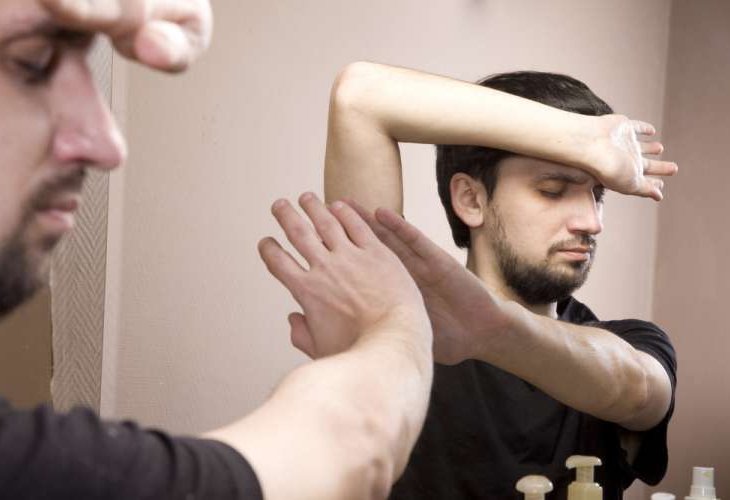Personality Development
Does Our Environment Influence Our Self-Image?
The formation of self-image begins to develop the moment we are born.
 (Photo: shutterstock)
(Photo: shutterstock)Self-image describes how we evaluate and judge our own abilities, based on how we experience them. Since this process is naturally subjective, there’s often a gap between our actual abilities and how we feel about them. The bigger this gap is, the more distress we tend to experience—because we constantly find ourselves in conflict with reality.
Self-image and self-worth cover a wide range of areas such as intelligence, physical appearance, social skills, and how we perform in different roles (as parents, partners, friends, etc.). It's possible for the same person to feel very differently about themselves in different areas. Most people don’t have an extremely low or extremely high self-image across the board. However, even low self-esteem in just one area can cause significant distress and make it hard to move forward and reach one’s potential.
How can we deal with low self-esteem? The first step is to understand where it comes from.
From the moment we’re born, we begin to develop a sense of identity, self-image, and self-worth—through a process of separating ourselves from the people around us. In the early stages, a baby starts to recognize themselves as an independent being while also realizing they are separate from their mother. As we grow, we continue to define ourselves—how we want to live, what our values are, and what we think we’re capable of.
This development of self-image doesn’t happen in a vacuum—it happens in a social context, often by comparing ourselves to others (either by our own choice or because others do it for us). That’s why the environment we grow up in—especially in early childhood—has such a huge impact. Sometimes that influence is harsh, like when a parent labels a child as “stupid” or “bad.”
More often, the effect is subtle but just as powerful. For example, maybe our close friends were selected for gifted programs and we weren’t. Or within our family, if we have siblings with very different strengths, we may slowly get labeled or defined in a certain way (“She’s the smart one who always has friends”). As we get older, our peer group and our place in society play an even stronger role in shaping how we see ourselves—even in areas that previously didn’t affect our self-image (“the class clown” or “the fat kid”).
Unfortunately, the more we internalize these external messages, the more our behavior starts to align with what others expect of us. This can create a self-fulfilling prophecy that reinforces a negative self-image.
Orly Samira is a psychotherapist and CBT therapist.

